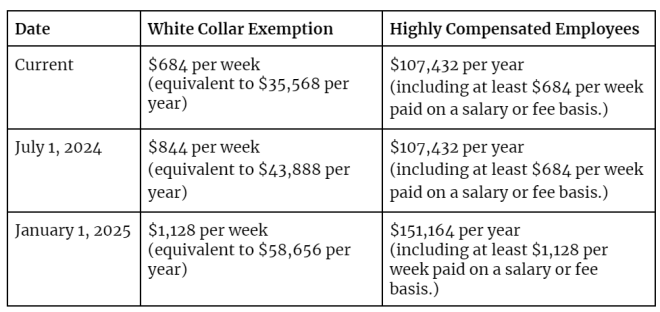On March 1, the U.S. Courtroom of Appeals for the Ninth Circuit sided with a reduce courtroom decision denying an Apache interest group’s movement for a preliminary injunction versus the transfer of copper-prosperous federal land to non-public organization Resolution Copper.
Oak Flat, a piece of land that the Ninth Circuit acknowledges is “a web site of fantastic non secular value to the Western Apache Indians,” has been at the heart of the dispute mostly because of to the major copper ore deposits it sits on. Via the Land Transfer Act, Congress directed the federal federal government to transfer the land to Resolution Copper, which would then mine the ore. Apache Stronghold sued the federal government, seeking an injunction from the land transfer on the ground that the transfer would violate its members’ legal rights under the Cost-free Exercising Clause of the 1st Amendment, the Religious Flexibility Restoration Act (“RFRA”), and an 1852 treaty concerning the United States and the Apaches. The Ninth Circuit disagreed, keeping that Apache Stronghold was unlikely to triumph on the merits on any of its three promises just before the courtroom.
Initially, the Ninth Circuit observed that under the Supreme Court’s controlling conclusion in Lyng. There, the Supreme Court held that when the government’s actions with regard to “publicly owned land” would “interfere appreciably with personal persons’ means to go after spiritual fulfillment in accordance to their spiritual beliefs,” it would also have no “tendency to coerce” them “into performing opposite to their spiritual beliefs.” The Ninth Circuit also located that the transfer of Oak Flat for mining operations did not discriminate versus nor penalize Apache Stronghold’s users, nor deny them an “equal share of the legal rights, benefits, and privileges appreciated by other citizens.”
Second, Apache Stronghold’s claim that the transfer of Oak Flat to Resolution Copper would violate RFRA failed for the very same explanations for the reason that “what counts as ‘substantially load[ing] a person’s exercise of religion’ must be recognized as subsuming, instead than abrogating, the holding of Lyng.”
Lastly, the court docket ruled that Apache Stronghold’s claim that the transfer of Oak Flat would violate an enforceable belief obligation produced by the 1852 Treaty of Sante Fe mainly because the government’s statutory obligation to transfer Oak Flat abrogated any treaty obligation.
The case demonstrates the issues Tribes have in halting main advancement projects on federal land on spiritual grounds.
© 2024 Van Ness Feldman LLP
by: April Knight, Tiffanie Ellis, Melinda L. Meade Meyers, Charlene Koski, Patrick M. Reimherr of Van Ness Feldman LLP
For far more information on Tribal Litigation, pay a visit to the NLR Tribal Legislation / Indigenous Peoples area.
The put up Ninth Circuit Procedures From Apache in Dispute About Sacred “Oak Flat” Internet site appeared 1st on The Nationwide Law Discussion board.

